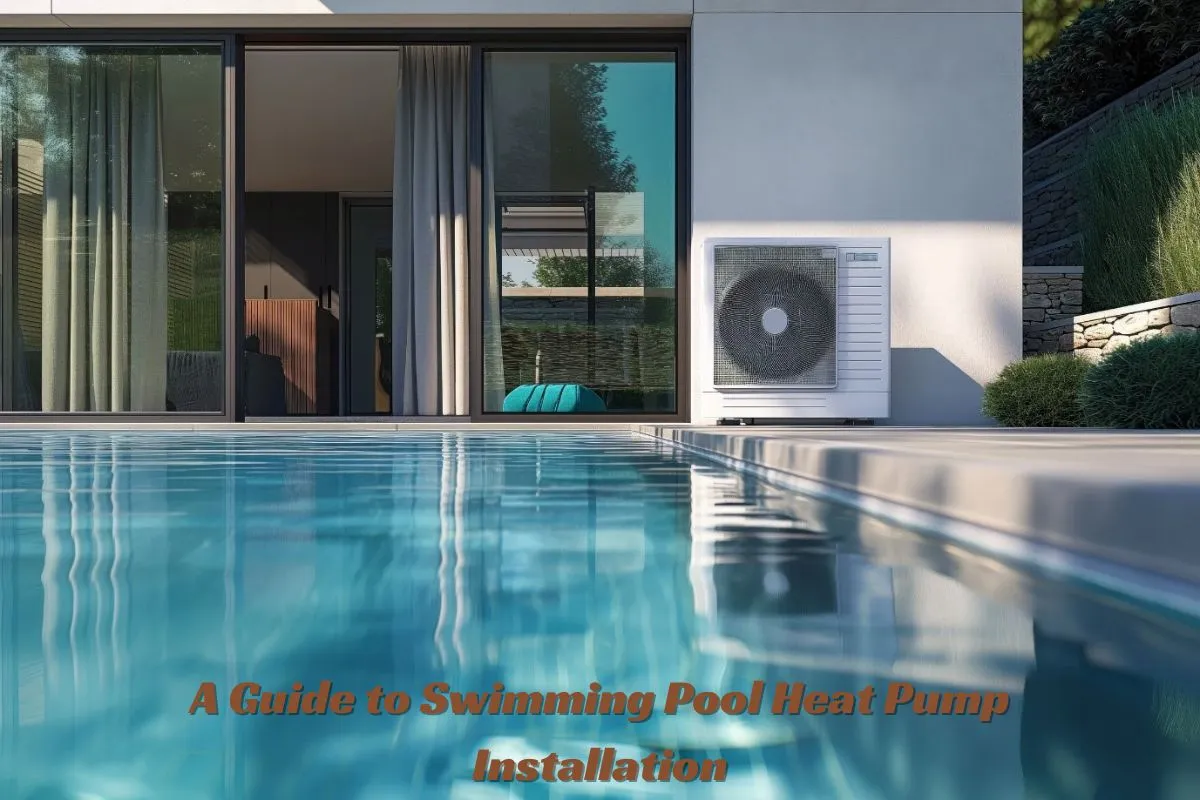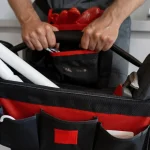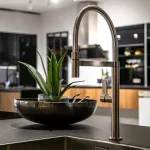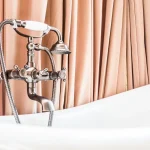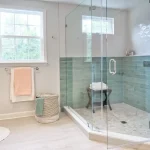When it comes to extending your swimming season and enjoying warm, comfortable water without excessive energy bills, few options match the efficiency and reliability of a swimming pool heat pump. Whether you’re a new pool owner or looking to upgrade your current heating system, understanding how heat pumps work, how to install them, and why professional expertise is key can save you time, money, and potential stress.
This guide explores everything you need to know about swimming pool heat pump installation—from how they work to tips for long-term maintenance.
How Swimming Pool Heat Pumps Work
A swimming pool heat pump operates on a simple but highly efficient principle. It draws in warm air from the environment, compresses it to a higher temperature, and transfers that heat to the pool water via a heat exchanger. Unlike gas or electric heaters that generate heat from a fuel source, heat pumps move existing heat, which makes them far more energy-efficient.
Most heat pumps are air-source units, ideal for moderate climates. However, ground-source (geothermal) models are available for colder regions or properties with sufficient land. These systems function effectively even in lower air temperatures and can significantly reduce running costs over time.
Choosing the Right Heat Pump for Your Pool
Selecting the correct heat pump is critical to achieving maximum efficiency and comfort. Here are the key factors you need to consider:
- Pool Size: Larger pools need more powerful heat pumps. A unit too small will run constantly, increasing wear and energy use, while one too large may cycle too quickly.
- Desired Swimming Season: If you want to swim year-round, you’ll need a heat pump that operates efficiently at lower temperatures.
- Location and Climate: Warmer climates require less energy to heat water, but in cooler zones, you’ll need a more robust and insulated unit.
- Budget: While heat pumps are more expensive upfront than gas heaters, their lower running costs offer better value over time.
It’s recommended to use a pool heat pump sizing calculator or consult with a professional installer to find the best match for your needs.
Preparing for Installation
Before you install your heat pump, some preparation is required:
- Electrical Setup: Most units require a dedicated power supply. A licensed electrician will need to install the correct wiring and breakers.
- Plumbing Access: The heat pump must be connected to your pool’s filtration system. Ensure there’s access to the return water line.
- Location: Install the unit outdoors in a well-ventilated area. The pump needs a minimum of 24 inches of clearance around the unit for airflow and should be elevated to prevent flooding.
- Noise Considerations: Most modern heat pumps are quiet, but installing away from windows or entertaining areas is wise.
- Planning Permission: In the UK, pool heat pumps usually fall under permitted development, but if you’re in a listed property or conservation area, check with your local council.
Step-by-Step Installation Process
Here’s what to expect during a typical installation:
- Site Assessment: The installer will inspect your space to confirm the best placement and requirements.
- Mounting the Unit: The pump is placed on a level, solid base like a concrete slab or anti-vibration pad.
- Electrical Work: A certified electrician installs the appropriate power connection.
- Plumbing Hook-Up: The pool’s return line is diverted through the heat pump using PVC piping and valves.
- Testing and Calibration: The installer tests the system for leaks, adjusts flow rates, and sets temperature controls.
From start to finish, installation can take anywhere from half a day to two days depending on complexity.
Why Professional Installation Is Crucial
Although DIY kits are available, heat pump installation is best left to experienced professionals. This ensures the unit is installed to manufacturer standards and operates safely.
Poor installation can result in:
- Inadequate heating performance.
- Electrical hazards.
- Pipe leaks or pump failure.
- Shortened equipment lifespan.
Working with a specialist such as AW Heat Pump Services Ltd provides you with the assurance of quality, experience, and compliance with industry regulations. As one of the UK’s leading experts in pool heat pump solutions, they offer tailored advice, seamless installation, and dependable ongoing support. Choosing a trusted provider ensures you won’t face unexpected issues and that your system runs at optimal performance year-round.
Maintenance and Troubleshooting Tips
A well-maintained heat pump can last 10–20 years. Here’s how to keep it in top condition:
- Clean Air Filters and Coils: Ensure the intake and exhaust areas are free of debris like leaves or dirt.
- Check for Leaks: Regularly inspect water connections for any signs of leakage.
- Monitor Performance: If your unit takes longer than usual to heat the water, consult a technician.
- Winterise: In cold months, drain the pump and disconnect power to avoid freeze damage.
An annual service by a professional technician helps catch early issues and prolongs the system’s life.
Cost and Energy Savings
While the initial investment for a pool heat pump ranges between £2,000 to £4,000 (excluding installation), the long-term savings are significant:
- Lower Operating Costs: Compared to gas heaters, heat pumps can reduce your heating bill by 50–70%.
- Eco-Friendly: They use less energy and emit fewer greenhouse gases.
- Consistent Comfort: Once set, the system maintains your desired temperature with minimal fluctuation.
Some models even include smart features like Wi-Fi controls and programmable timers, adding convenience and efficiency.
Conclusion
Installing a swimming pool heat pump is one of the smartest upgrades for any pool owner who values comfort, efficiency, and cost-effectiveness. From choosing the right unit to ensuring it’s installed correctly and maintained regularly, each step plays a crucial role in how well your system performs.
By partnering with professionals like AW Heat Pump Services Ltd, you not only ensure a hassle-free installation but also gain long-term support from a specialist in pool heating systems. With the right planning and expert help, your pool can remain a source of relaxation and enjoyment throughout the year—no matter the weather.

